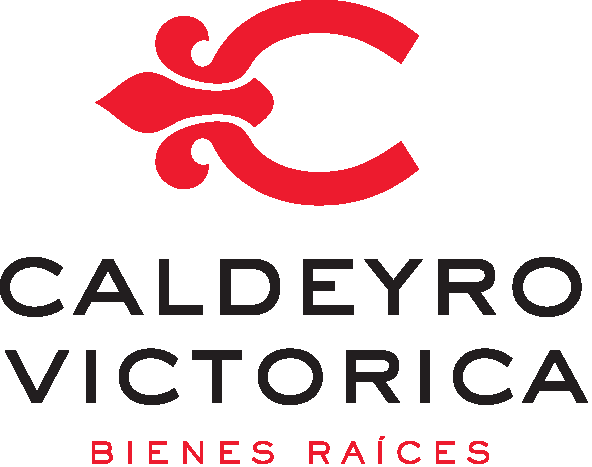Population
Uruguay’s population is 3.3 million, of which near 1.3 million live in Montevideo and its surroundings.
There are no indigenous people; a high percentage of Uruguayans are descendants of European immigrants, mainly Spanish and Italian.
Spanish is the official language and the one normally used. English is mostly used by the business community. Currently, the study of Portuguese is also consolidating as a consequence of the integration process in MERCOSUR.
Political System and Government
Uruguay is a democratic republic with a presidential system. The State is organized in three independent Powers: Executive, Legislative and Judicial.
The members of Government are elected each 5 years by a universal suffrage system. The Executive Power is exercised by a President and a Cabinet of 13 Ministers.
The Legislative Power is constituted by the General Assembly or Parliament, comprised of two Chambers: the Senate, integrated by 30 members, presided over by the Vice-President and nationally elected and a Chamber of Deputies of 99 members representing the 19 departments, elected based on proportional representation.
The Judicial Arm is exercised by the Supreme Court, the Bench and Judges nationwide. The members of the Supreme Court are elected by the General Assembly; the members of the Bench by the Supreme Court with the consent of the Senate, and the judges are directly assigned by the Supreme Court.
Legal clarity
The country is known for its legal clarity and for the solid development of its institutions.
Political stability in the country is reflected in the political, civil and economic liberties of the population. Individuals in Uruguay may freely associate, express themselves and participate in political activities.
According to a report by The Economist magazine, Uruguay is considered the most democratic country in South America, ranked 23rd out of 167 countries worldwide. Uruguay is considered a country where economic freedom prevails. These factors differentiate the country from others in the region, where economical liberty is relatively more limited.
Uruguay has a long standing tradition of democracy and legal and social stability. The country has a solid financial system that is attractive to foreign investors.

